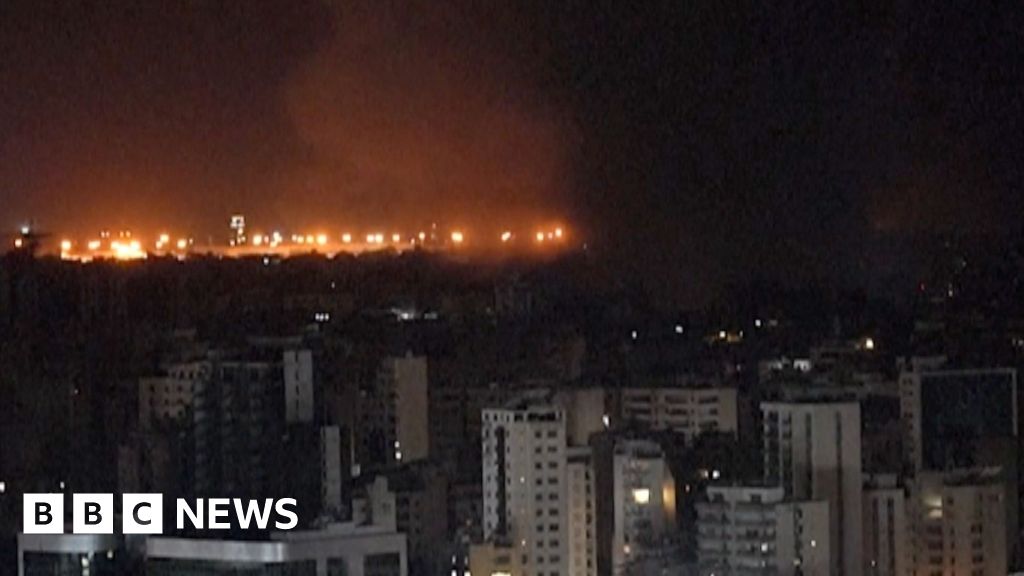Place your adverts here on InfoDig @ low rates; banner ads, sponsored links and guest articles etc. Contact us
The Nigerian government has announced a series of tax incentives for deep offshore projects, in a bid to attract foreign investment and boost the country’s oil and gas sector.
The incentives, which are part of the country’s revised fiscal regime, aim to make Nigeria a more competitive destination for energy investments.
Wale Edun, minister of finance and coordinating minister of the economy said the fiscal incentives were aimed at revitalising Nigeria’s oil and gas sector, according to Mohammed Manga, his director, of information and public relations in a statement, this evening.
The spokesperson said the incentives include value-added tax (VAT) modification order 2024 and notice of tax incentives for deep offshore oil and gas production, in accordance with the Oil and Gas Companies (tax incentives, exemption, remission, etc.) Order 2024.
Read also: Nigeria loses N3trn yearly to oil tax avoidance – Agbakoba
The VAT Modification Order 2024 introduces exemptions on a range of key energy products and infrastructure including Diesel, Feed Gas, Liquefied Petroleum Gas (LPG), Compressed Natural Gas (CNG), Electric Vehicles, Liquefied Natural Gas (LNG) infrastructure, and Clean Cooking Equipment.
In addition, the Notice of Tax Incentives for Deep Offshore Oil & Gas Production provides new tax reliefs for deep offshore projects.
The minister said concessions were expected to attract new and massive investments into the oil and gas and to revitalise the industry.
He added that the measures were designed to lower the cost of living, bolster energy security, and accelerate Nigeria’s transition to cleaner energy sources.
Edun expressed optimism that the initiative would reposition Nigeria’s deep offshore basin as a premier destination for global oil and gas investments.
He said the reforms were part of a broader series of investment-driven policy initiatives of President Bola Tinubu, in line with Policy Directives 40-42.
He said, “They reflect the administration’s strong commitment to fostering sustainable growth in the energy sector and enhancing Nigeria’s global competitiveness in oil and gas production.
Read also: OPEC blames high fuel prices on taxes, not Dangote refinery, oil producers
With these bold initiatives, Nigeria is firmly on track to reclaim its position as a leader in the global oil and gas market. These fiscal incentives demonstrate the administration’s unwavering commitment to fostering sustainable growth, enhancing energy security, and driving economic prosperity for all Nigerians”
In recent times, the cost of cooking gas and other energy products has increased significantly due to currency weakness and other inflationary pressures.
BusinessDay’s findings showed the cost of filling a 12.5kg cylinder has risen to N16, 000.
In October last year, the federal government excluded VAT collection from diesel over the increase in prices and impact on inflation. However, the exclusion was just for six month and the order expired in April, 2024.
Apart from cooking gas, Nigeria’s oil sector is a shadow of its bustling self as foreign direct investment (FDI) plummets from billions of dollars to mere trickles in millions.
Compounding this internal rot is the exodus of oil majors such as Shell, ExxonMobil, Eni and TotalEnergies that once buzzed with the rhythm of the pumps, now echo with the silence of departure.
The pain of this large-scale theft and vandalism, as well as decades of under-investment in infrastructure, was so severe that in April 2023, the country produced less than one million barrels of oil daily, far below its 1.8m bpd Organisation of Petroleum Exporting Countries quota.
In August, Nigeria’s oil production stood at 1.35m bpd.
Dipo Oladehinde is a skilled energy analyst with experience across Nigeria's energy sector alongside relevant know-how about Nigeria’s macro economy. He provides a blend of market intelligence, financial analysis, industry insight, micro and macro-level analysis of a wide range of local and international issues as well as informed technical rudiments for policy-making and private directions.

 4 hours ago
41
4 hours ago
41













 English (US) ·
English (US) ·